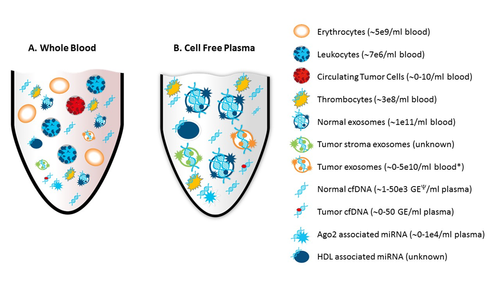Cancer is a disease of the genome. Each cancer is the result of a unique combination of germline and somatic mutations, as well as epigenetic aberrations. A comprehensive catalog of all types of variants in a cancer opens new and unrivaled opportunities for understanding the mechanism of cancer onset and progression, predicting the response to therapeutics, and providing new biomarkers for diagnosis and prognosis. Over the past 20-30 years, genomics technology evolutions have drastically transformed cancer researches. This focused issue aims to document some examples to show how the genomics technologies have driven both the basic and translational cancer researches.

